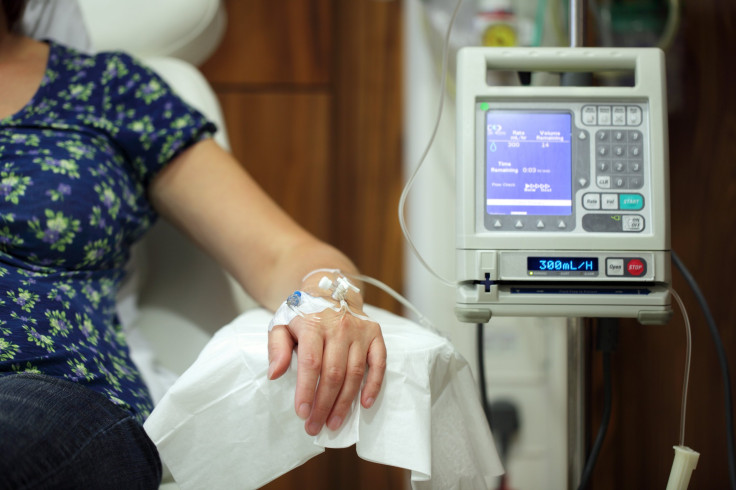Doxorubicin And Anthracycline Chemo Drugs Show No Cardiac Toxicity In BRCA1 Or 2 Mutation Breast Cancer Patients

Typically, women with breast cancer undergo surgery first, and then they are treated with chemotherapy and radiation therapy. However, many women, especially those with BRCA1/2 mutations, fear anthracycline-based chemo drugs will damage their hearts. A new study finds the drugs actually have negligible cardiac toxicity in women with BRCA1/2 mutations, despite any contrary evidence found in animal studies.
"This was a very relevant question to explore for women with breast cancer who are BRCA1/2 mutation carriers because they often require treatment with anthracyclines," said Dr. Ana Barac, an assistant professor of medicine at Georgetown University School of Medicine and the study's principal investigator.
While breast cancer was a fearsome disease just a few decades ago, survival rates have increased substantially in recent years. This is due to greater awareness, better screening, and more effective treatments. Today, then, there are new fears surrounding breast cancer. One worry is that breast cancer may be either unnecessarily or overtreated — some small cancers apparently go away on their own. In cases where treatment is definitely needed, the concern is the drugs or radiation treatments will cause extreme harm. For these reasons, researchers have begun to investigate approved drugs in order to fully understand their effects.
The Reason Behind This Study
"Our study was prompted by evidence from animal studies suggesting that mice with BRCA1/2 mutations in the heart were susceptible to heart damage — treatment with anthracyclines led to reduced cardiac function and heart failure much more frequently in these mice than in those without these mutations," said Barac, who is also director of the cardio-oncology program at MedStar Heart & Vascular Institute.
There are two anthracycline-based drugs that are used often to treat breast cancer. The first, doxorubicin, is considered one of the most effective drugs for solid tumor treatment, which includes not only breast cancer but also small cell lung cancer and ovarian, bladder, stomach, liver, bone, and thyroid tumors. Another drug commonly used for breast cancer is epirubicin, which is slightly less versatile than doxorubicin but still effective in treating gastric, endometrial, lung, ovarian, esophageal, and prostate cancers.
For the current study, Barac and her co-researchers enlisted the help of 81 participants — 39 patients with a BRCA1/2 mutation and 42 patients without a BRCA mutation. About 45 months after treatment with anthracyclines, all the participants underwent an echocardiogram to test their hearts, including two measures of cardiac function. Importantly, none of the participants had any pre-existing heart conditions, including hypertension.
What did the researchers find? Most women had normal results on the test for both measures. That said, up to 15 percent of all patients, including both the BRCA1/2 carriers and those without this genetic mutation, showed very slight signs of reduced heart function.
"Our results are applicable only to patients without significant cardiovascular risk factors, particularly hypertension," said Barac, who presented these findings at the 2014 San Antonio Breast Cancer Symposium.



























